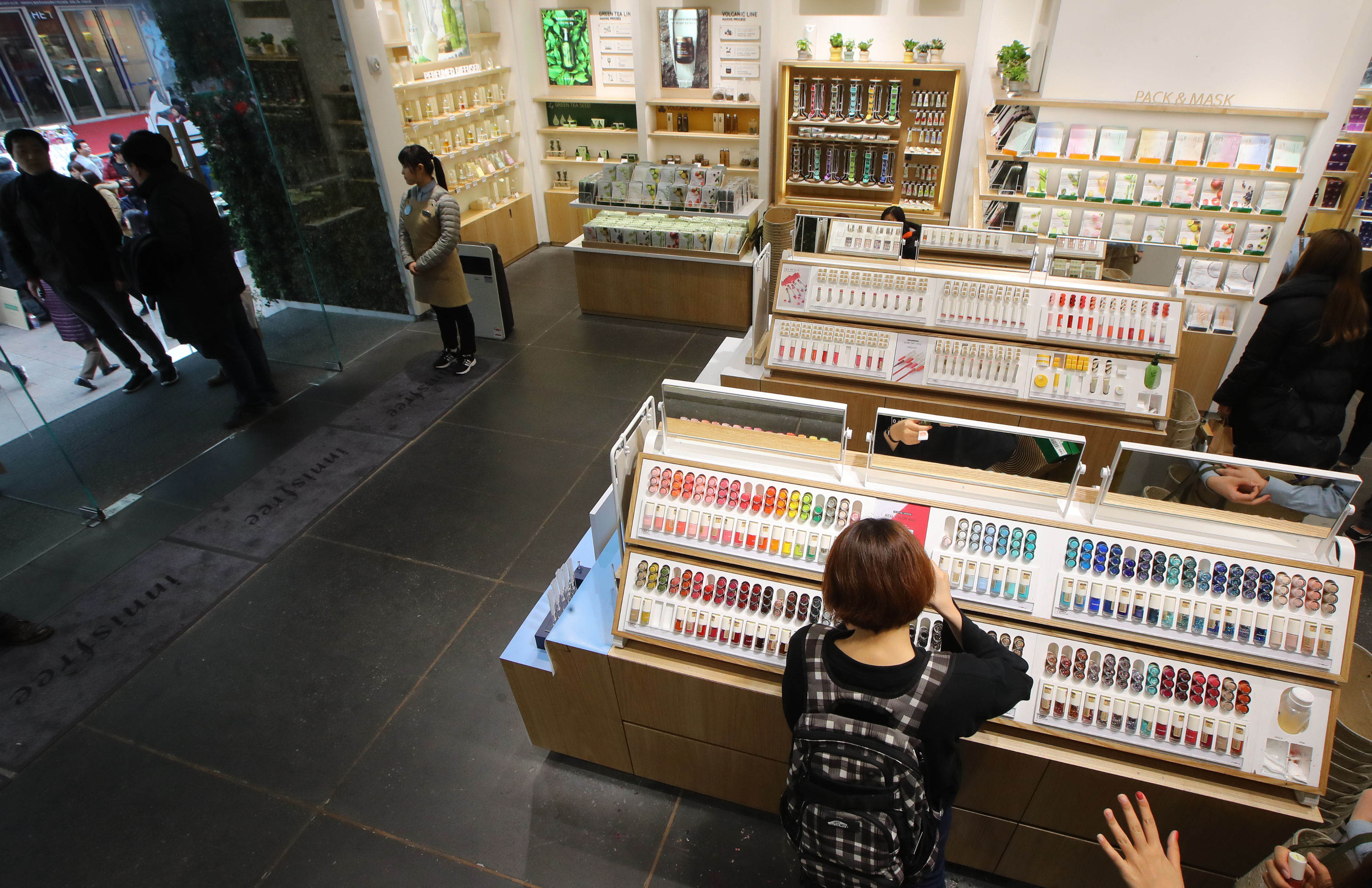The Industrial Bank of Korea (IBK) said it will provide a total of 100 billion won ($87 million) in special loans for those small and medium-sized enterprises whose businesses have been hurt by China’s latest restrictions on travel to South Korea.
An SME can apply for up to 300 million won in special loans from the IBK from March 15 until the end of 2017, and the interest rate will be lowered by up to 1 percentage point, the bank said on March 14.
If the company wants to extend the period of borrowing, the bank will demand payment of the principal during the extended period, which will be limited to a maximum of one year. The special loan requires a verifiable report from the SME that its business was damaged by China’s restrictions on travel to South Korea.
China is putting economic pressure on Korea over the deployment of a US anti-missile system in South Korea meant to counter North Korea’s missile threats.
About half of 17.2 million visitors to Korea in 2016 were Chinese. SMEs in the tourism, accommodation and transportation industries are expected to be the first ones hit by the travel ban.
The application period for the operational loans, and the credit analyses of the loan applicants, among others, have been set aside by the bank to reduce the time it takes to get loans. South Korea's state financial watchdog said recently that it was keeping tabs on a possible liquidity crisis among Lotte Group affiliates, a prime target of Beijing's economic retaliation against Seoul over a military issue.
China, the biggest trading partner of South Korea, has responded with rancor to the deployment of an advanced U.S. missile defense system, THAAD, here.
In a land-swap deal with the defense ministry, Lotte, a major South Korean retail giant, has agreed to hand over a golf course in Seongju, North Gyeongsang Province, to house the Terminal High Altitude Area Defense (THAAD) system with some equipment already in the country.
Concern has grown about a further blow to Lotte's businesses in China.
China-based affiliates of Lotte have 1.2 trillion won ($1.03 billion) in outstanding loans from South Korean banks, plus 800 billion won of borrowing from foreign banks' branches here. Much of the loans have been extended to Lotte's construction-related operation.
“We will persuade banks to help prevent Lotte's businesses in China from suffering a liquidity crisis," said an official at the Financial Supervisory Service.
Lotte said 55 of its supermarkets in China had been under business suspension as of March 8, mostly following local authorities' fire drills and other safety inspections.
They are expected to suffer around 50 billion won in losses if the business suspension continues for a month.
Beijing's apparent retaliation may spread to South Korea's financial services firms. The nation's five leading banks - Hana, Woori, Shinhan, Kookmin and the IBK - had 20.7 trillion won in the total assets of their subsidiaries in China as of the end of last September. China openly described the THAAD issue as the biggest obstacle to its relations with South Korea.
Seoul stresses that it had not choice but to let the U.S. to deploy a THAAD unit here to counter North Korea's missile and nuclear threats. China, however, views it as an American move to counter its growing military influence.

Cosmetics store of AmorePacific in Myeong-dong, one of the plushiest section of the capital city which has been hurt lately due to the reductions in the number of Chinese tourists visiting Korea due to the moves by the Chinese gov't to curb the Chinese tourists visiting Korea to protest the installation of THAAD in Seouth Korea.(Photo:Amore)
